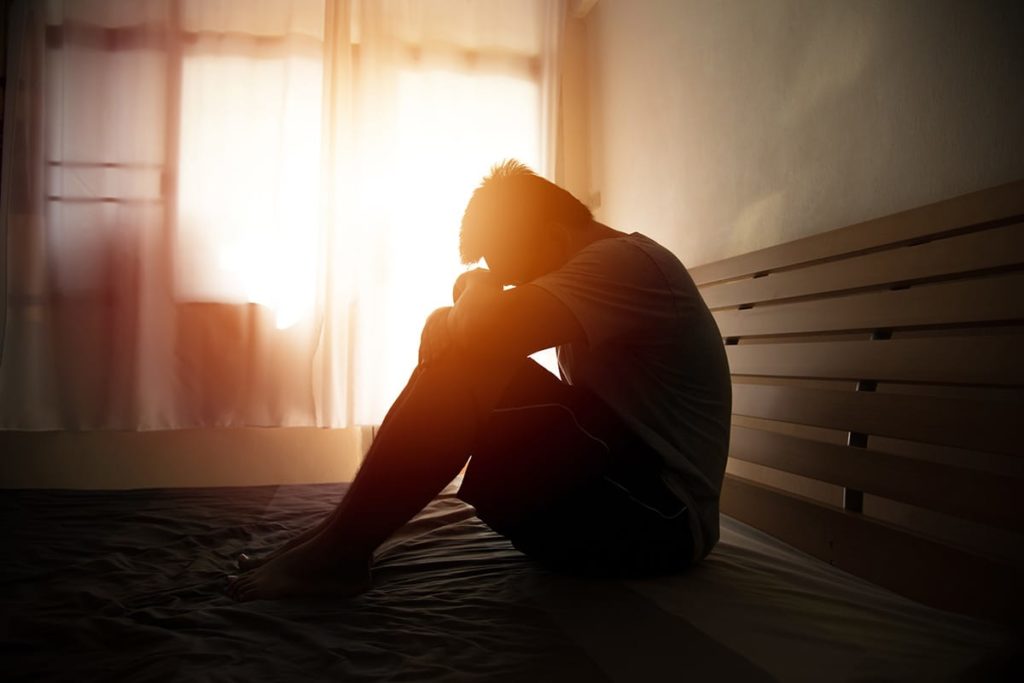According to the National Institute on Drug Abuse, the definition of addiction is “a chronic, relapsing brain disease characterized by compulsive drug seeking and use, despite harmful consequences.” In other words, addiction is a disease that causes someone to compulsively seek out and use drugs, even though doing so is harmful. But what does that mean, exactly? And who does addiction affect?
If you’re struggling with addiction, professional treatment can help you get sober and find relief. The Arbor Behavioral Health has addiction rehabilitation programs for those who need them. Our residential, intensive outpatient, and sober living programs give our clients the tools to get sober and build happier, healthier futures. Recognizing the signs and symptoms of addiction in yourself or a loved one is the first step toward getting sober. Don’t put off getting help once you realize something’s wrong. Call 844.413.2690 to get started or for more information.
What Is the Definition of Addiction?
When most people think of addiction, they think of illegal drugs like cocaine or heroin. But addiction can also involve legal substances like alcohol or prescription drugs. Addiction can also involve behaviors like gambling or sex. Regardless of the substance or behavior, addiction always involves three main components:
- Compulsion – Those struggling with addiction feel an overwhelming need to use their drug of choice. They may try to quit using but find that they can’t stay away for long.
- Loss of control – After a time using drugs or alcohol, people struggling with addiction lose the ability to control how much they use and how often they use. They may want to stop using but find that they can’t.
- Continued use – Even after addiction causes problems in their life, people struggling with addiction continue to use. They may know their substance abuse is causing problems, but they can’t stop.
How Does Addiction Work?
Addiction changes the brain in three main ways. First, it alters how people experience pleasure; second, it impairs their ability to make good decisions; and third, it hijacks their motivation and makes them prioritize using substances or engaging in behaviors over everything else in their lives. That’s why addiction is often described as a “brain disease”—that’s exactly what it is.
Who Does Addiction Affect?
Anyone can develop an addiction. However, certain risk factors make some people more likely than others to develop an addiction. These include things like:
- Genetics – If your parents struggled with addiction, you are at a higher risk of experiencing addiction yourself.
- Mental health disorders – Depression, anxiety, and other mental health conditions can trigger substance use or compulsive behavior to try and cope with symptoms.
- Trauma – Childhood abuse, witnessing a traumatic event, or living through continually negative circumstances can cause trauma. When someone experiences trauma, they are more likely to use substances or behave compulsively in an attempt to cope with their feelings.
- Poverty – Addiction disproportionately affects people who make less money. Additionally, struggling with addiction can also cause financial strain.
Importantly, though, even people who don’t have any of these risk factors can still develop an addiction.
The Importance of Addiction Treatment
Because addiction is a chronic brain disease, it’s essential to seek professional help if you’re struggling with an addictive substance or behavior. Without treatment, addiction will only get worse—and can even be deadly. Fortunately, many effective treatments can help you overcome your addiction and live a healthy, sober life.
Addiction Treatment at The Arbor
Now that you know the definition of addiction, it’s important to get help when you recognize the signs. If you’re struggling with an addictive substance or behavior, it’s important to seek professional help as soon as possible. At The Arbor, our compassionate team of addiction professionals and recovery specialists work with each of our clients to develop a tailored approach to treatment. Learn more by contacting us online or calling 844.413.2690 today.


